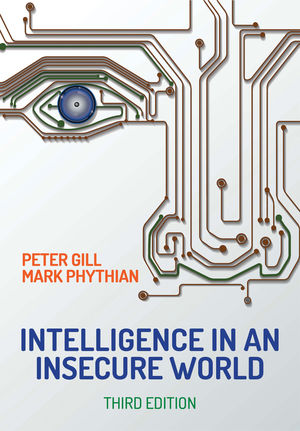Study Highlights Critical Security Deficiencies in Medical Devices

Synopsys Inc. released the results of the study “Medical Device Security: An Industry Under Attack and Unprepared to Defend,” which found that 67 percent of medical device manufacturers and 56 percent of healthcare delivery organizations (HDOs) believe an attack on a medical device built or in use by their organizations is likely to occur over the next 12 months. The survey also found that roughly one third of device makers and HDOs are aware of potential adverse effects to patients due to an insecure medical device, but despite the risk only 17 percent of device makers and 15 percent of HDOs are taking significant steps to prevent such attacks.
The Synopsys study conducted by the Ponemon Institute, an IT security research organization, aimed at identifying whether device makers and HDOs are in alignment about the need to address cybersecurity risks. Focused on the North America market, the study surveyed approximately 550 individuals from manufacturers and HDOs, whose roles involve the security of medical devices, including implantable devices, radiation equipment, diagnostic and monitoring equipment, robots, as well as networking equipment designed specifically for medical devices and mobile medical apps.
“The security of medical devices is truly a life-or-death issue for both device manufacturers and healthcare delivery organizations,” said Dr. Larry Ponemon, chairman and founder of the Ponemon Institute. “According to the findings of the research, attacks on devices are likely and can put patients at risk. Consequently, it is urgent that the medical device industry makes the security of its devices a high priority.”
Other key findings from the study highlight:
- Building secure devices is challenging. Eighty percent of device makers and HDOs report that medical devices are very difficult to secure. The top reasons cited for why devices remain vulnerable include accidental coding errors, lack of knowledge/training on secure coding practices and pressure on development teams to meet product deadlines.
- Lack of security testing. Only 9 percent of manufacturers and 5 percent of HDOs say they test medical devices at least once a year, while 53 percent of HDOs and 43 percent of manufacturers do not test devices at all.
- Lack of accountability. While 41 percent of HDOs believe they are primarily responsible for the security of medical devices, almost one-third of both device makers and HDOs say no one person or function in their organizations is primarily responsible.
- FDA guidance is not enough. Only 51 percent of device makers and 44 percent of HDOs follow current FDA guidance to mitigate or reduce inherent security risks in medical devices.
“These findings underscore the cybersecurity gaps that the healthcare industry desperately needs to address to safeguard the well-being of patients in an increasingly connected and software-driven world,” said Mike Ahmadi, global director of critical systems security for Synopsys' Software Integrity Group. “As we saw with the past two studies on the Building Security in Maturity Model (BSIMM), the healthcare industry continues to struggle when it comes to software security. The industry needs to undergo a fundamental shift, building security into the software development lifecycle and across the software supply chain to ensure medical devices are not only safe, but also secure.”
A complete copy of the “Medical Device Security: An Industry Under Attack and Unprepared to Defend” report can be found at bit.ly/2qGN5nV.
Visit www.synopsys.com for information.
Looking for a reprint of this article?
From high-res PDFs to custom plaques, order your copy today!






